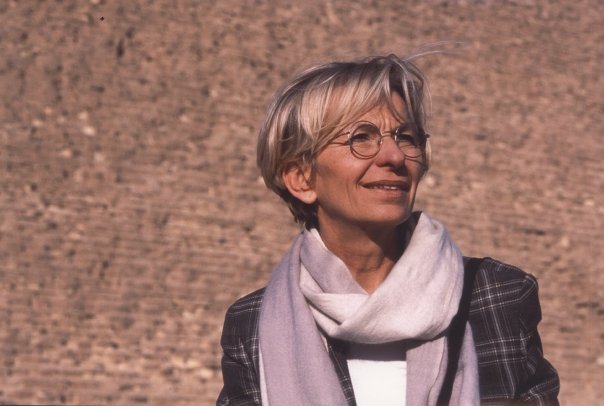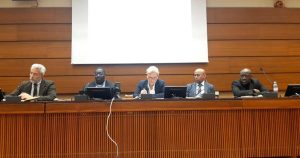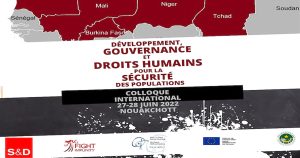As Europeans see the images of popular unrest in north Africa, it is hard not to be reminded of the democratic uprisings in eastern Europe of 1989. But the reaction of the European Union has lacked the passion and excitement of that earlier moment. In the Mediterranean, the EU has long followed a strategy of betting on authoritarian regimes to maintain stability and protect Europe’s security, while maintaining a façade of concern for democracy and human rights. Now the people of Tunisia and Egypt have shown that they take these universal values more seriously than European policymakers, and the EU’s response so far has seemed hesitant.
Of course, the upheavals in the Arab world – and above all in Egypt – pose risks for Europe and the region. We cannot predict how turbulent and rapidly changing societies that have suffered under decades of authoritarianism will react when political space is suddenly opened. But we know that the path of repression that the EU has tacitly supported was based on an illusion. Europe must seize this moment to show that it believes in the principles it espouses and throw its support clearly behind the forces pushing for democratic change. It is through boldness not caution at this critical moment that we will best contribute to shaping developments in Egypt, Tunisia and across the wider Arab Middle East.
There may be little we can do immediately to affect the situation in Egypt in the short term but we should make it clear that future relations with the country will depend on how its authorities act in these critical days. We should say that we stand ready to assist with the transition to democracy but that repression and violence will lead the EU to review its trade and aid links and its close ties with political elites. Most importantly, we should act decisively to show that we have broken with our past approach of fearing change in the Arab world. European leaders should demonstrate that they recognise the historical importance of this moment and stand with the people’s aspirations for a fair and open political system.
The demonstrators in Tunisia, Egypt and elsewhere have shown that their societies are changing and that the desire for governments that respect the dignity of their citizens is not absent from the Arab world. The protests have marked the social emergence of a new generation, part of a vast youth bulge that is familiar with new media and aware of the wider world and which demands accountability from its leaders. The way that economic grievances evolved so swiftly into political demands gives the lie to any idea that economic modernisation without political reform was a recipe for long-term development.
Before this crisis erupted, that belief was implicit in the EU’s strategy, even if it was never directly proclaimed. That strategy has been shown to be bankrupt. The EU needs to find innovative new approaches to engaging with these societies, reaching out to new constituencies including an emerging commercial middle class. Above all, we need to stop falling into the trap of seeming to endorse undemocratic regimes and preferring strongmen to strong democratic institutions.
In its relations with the remaining countries of the southern and eastern Mediterranean, the EU must find a better way to work with governments to secure the full range of European interests without giving legitimacy to repressive political systems. It should not be beyond the political skills of EU officials to press consistently for meaningful change – above all in opening greater political space – at the same time as co-operating in areas of mutual interest. The examples of Tunisia and Egypt are a powerful illustration that lack of reform is not a sustainable option.
The first priority now is Egypt, where a showdown between political reform and repression could not be more clearly under way. But this is a pivotal moment whose significance reaches across the entire region. The EU needs to overcome its caution and institutional inertia to show that it recognises what is at stake. European leaders are due to meet on Friday in Brussels and they should seize the opportunity of this summit to commit themselves to a strategy that will put them on the side of democracy in the Middle East.
Emma Bonino is vice-president of the Italian Senate, a former European commissioner and founder of NPWJ. Anthony Dworkin is a senior policy fellow at ECFR




